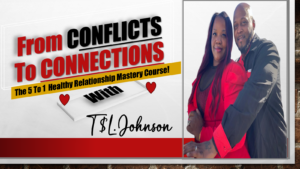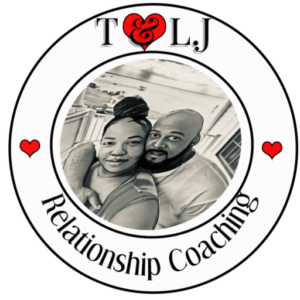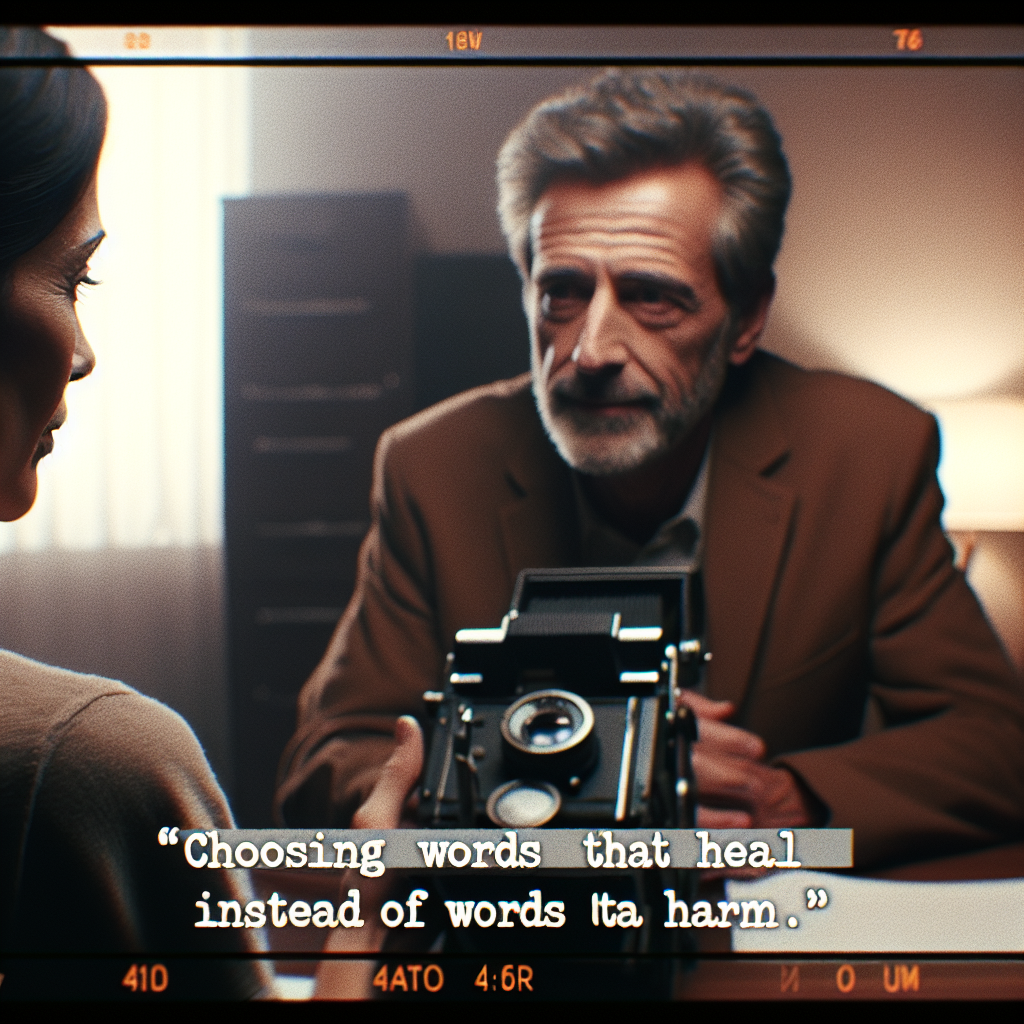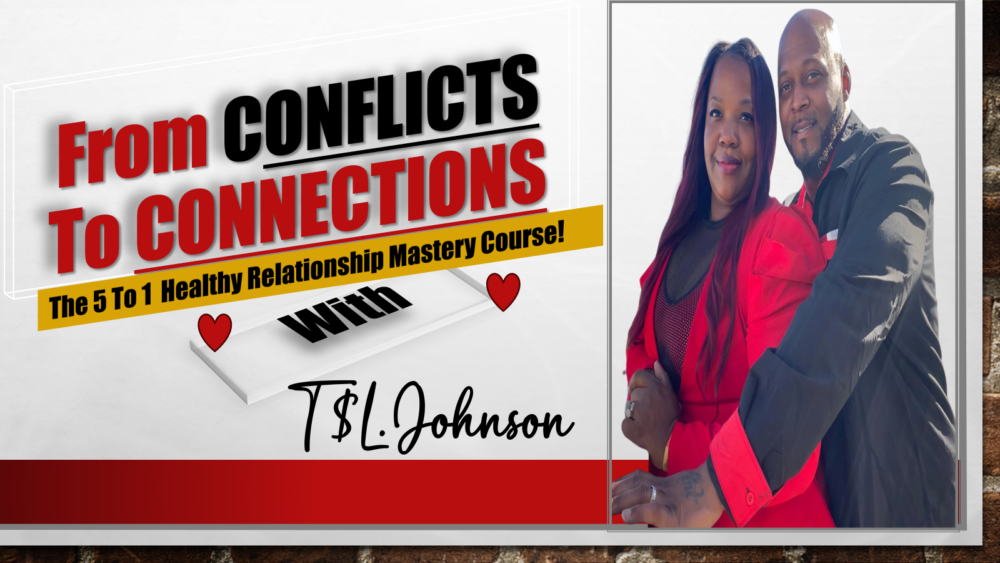The Power of Words
Understanding the Impact
Have you ever stopped to think about how words can change the atmosphere of a conversation in seconds? I sure have. Words hold incredible power over our emotions and thoughts. A simple phrase can uplift or tear someone down. Trust me, I’ve had my fair share of both kinds of experiences; they’ve taught me to be careful with my choices. When we choose words that heal, we create opportunities for connection and empathy. I’ve seen firsthand how a kind compliment can transform a person’s day, while a sharp remark can linger and hurt for much longer than we think.
Beyond personal interactions, words also ripple outward, affecting group dynamics and communities. Imagine a workplace where encouragement is the norm vs. one filled with criticism; the difference is staggering! I’ve worked in both, and the supportive environments foster creativity and collaboration like you wouldn’t believe. Understanding that our words matter shapes how we decide to engage with others.
Ultimately, the way we communicate shows not just our intent but also a sign of our character. By choosing words that heal, we’re not just impacting those around us; we’re nurturing a culture of respect and kindness that can spread like wildfire. Trust me, that’s a legacy worth building!
Choosing Kindness Over Cruelty
Recognizing Harsh Language
Okay, so let’s talk about tough love. Sometimes, we think we’re doing someone a favor by being blunt. I’ve been there, too. I thought that telling the harsh truth was the best form of honesty. But in reality, harsh words often lead to defensiveness and resentment. Recognizing this doesn’t make us weak; it shows emotional intelligence. It also takes practice! I had to work hard at recognizing when my words crossed the line into unkind territory.
A crucial aspect is being aware of our tone and the context. I once spoke too sharply during a team brainstorming session, thinking my strong stance on an issue would inspire better ideas. Instead, it shut everyone down. Reflecting on that experience taught me the importance of assessing not just what I say but how I say it.
When we actively choose kindness, we create an atmosphere where people feel safe expressing themselves. This doesn’t mean ignoring truth; it’s about delivering it in a way that’s constructive rather than destructive. I encourage you to try it out; the results can be enlightening!
Empathy in Communication
Walking in Someone Else’s Shoes
There’s this saying that we should always try to see things from another person’s perspective, right? Well, it turns out there’s a lot of wisdom in that! When I find myself in a tough conversation, I often pause and ask, “How would I feel if I were in their shoes?” This simple question radically shifts how I communicate. It forces me to engage my empathy and allows for a softness in my words.
Empathy requires practice and awareness. Like, have you ever been in a situation where someone was clearly going through a hard time, but you didn’t know what to say? I’ve been there, too. Instead of feeling uncomfortable and avoiding the topic, I learned to just listen and offer supportive words. “I’m here for you,” can mean the world. It’s all about letting them know they’re not alone.
Choosing empathetic language also shows people that their feelings are valid. When I express understanding and concern, I create a bridge instead of a wall. In my experience, this not only helps others but strengthens my relationships, revealing deeper trust and openness.
The Art of Active Listening
Creating a Space for Openness
If you wanna really get the hang of choosing words that heal, active listening is where it’s at! When I began practicing this skill, I noticed something huge: people felt more valued. Let’s be real; when we genuinely listen to someone, it’s a game changer. They can feel it, and it encourages honesty and openness. I mean, who doesn’t love feeling heard?
Active listening means paying full attention and responding thoughtfully. When someone speaks to me, I try to listen with my whole self—no distractions. If I’m checking my phone or looking around too much, it shows I’m not really engaged. It took me a while to grasp this, but now I see how it transforms conversations.

When we make the effort to understand where someone’s coming from, our responses can be more thoughtful, and that’s where healing happens. This not only strengthens our connections but also builds a reputation of being someone others can trust to be there when it counts. I’ve seen this turn acquaintances into close friends.
Building a Supportive Vocabulary
Words Matter
I’ve come to realize that the specific words we use can shape our interactions. That’s why building a supportive vocabulary is key. Believe me, it’s not just about the words themselves but the intent behind them. Shifting from a negative to a positive phrasing can be as simple as turning “You did this wrong” into “Here’s how we might improve next time.” Simple, yet impactful!
When I consciously practice using words of encouragement and support, I see a noticeable change in the dynamics around me. People begin to respond more positively, and it creates a ripple effect. I can’t tell you how much joy it brings when I hear someone say, “Thank you for believing in me” after a supportive comment. That feeling is priceless!
Lastly, let’s not forget that our vocabulary can be a tool for empowerment. When I choose healing over harmful words, I’m not just lifting up one person; I’m contributing to an entire culture of positivity. It takes dedication to keep it going, but the rewards are more than worth it.
Conclusion
Choosing words that heal instead of words that harm is not just a slogan; it’s a lifestyle choice. It fosters an environment where vulnerability can thrive and where relationships can deepen. By harnessing the power of words through kindness, empathy, active listening, and a supportive vocabulary, we create pathways for healing that truly matter. I hope you find your own journey with words empowering—let’s spread the love!
FAQ
1. Why is it important to choose healing words?
Choosing healing words fosters positivity, strengthens relationships, and creates a more supportive environment. It helps us communicate effectively and empathetically.
2. What are some examples of harmful words to avoid?
Harmful words often include criticism, sarcasm, and dismissive language. Instead, opt for words that encourage, support, and uplift.
3. How can I practice active listening?
Practice active listening by giving your full attention, maintaining eye contact, and responding thoughtfully. Reflect back what you’ve heard to show you understand.
4. How do empathy and communication relate?
Empathy allows us to connect with others on a deeper level, enabling us to communicate in ways that acknowledge their feelings and experiences.
5. What are some ways to build a supportive vocabulary?
To build a supportive vocabulary, consciously replace negative phrases with constructive ones, use encouraging language, and practice affirmations in your daily conversations.

Schedule Your First 20-Minute Coaching
Call With Us Today to see if we fit . You pick the price!
Click Here





